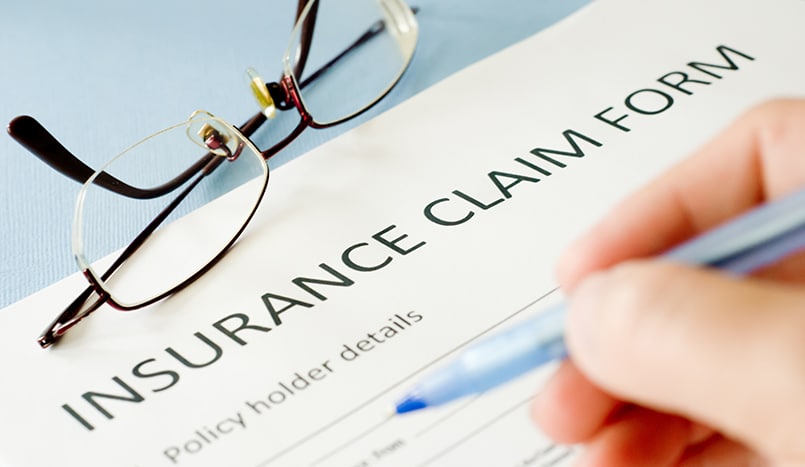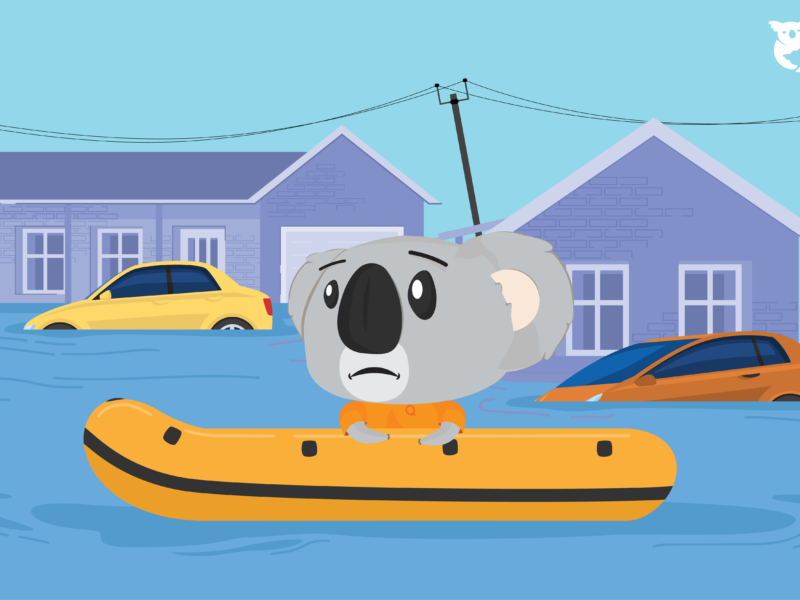The majority of people in North Carolina have insurance. By law, individuals operating automobiles are required to possess liability coverage. Car owners may also hold collision insurance. Additionally, most renters and homeowners are protected by renter’s insurance. There are also a lot of people who have health insurance, either through their employer or by themselves. A general liability policy is frequently in place at businesses. In North Carolina, numerous insurance disputes and claims are the result of these and other policies each year.
Surveillance by the government:
The North Carolina Department of Insurance (the “DOI”) oversees insurers. A customer (or “acclimated”) can record an objection against a safety net provider with the DOI. However, a routine dispute between an insured and the insurer is unlikely to involve the DOI heavily. Insurance companies are governed by numerous statutes (in Chapter 58) and regulations issued by the N.C. DOI.
Conditions of cover:
The terms of an insurance policy, in addition to any regulations issued by the DOI and applicable North Carolina General Statutes, determine the scope of coverage provided by the policy. Any presidential cases will also influence the policy’s interpretation when disputes are litigated in the courts. Health (and other) insurance policies covered by Erica may be governed by federal law, which takes precedence over state law.
Responsibilities during the claim handling process:
Typically, clauses in insurance policies grant the insurer a variety of rights in the process of handling claims. A “proof of loss” form, in which the insured describes the loss to the insurer, is frequently required. In order for the insurer’s lawyer to conduct an investigation into the claim, the insured is frequently required to produce documents and undergo an “examination under oath.” The insured may lose coverage if he fails to abide by these provisions. The insurer’s responsibilities are discussed below in connection with the insurer’s potential liability for triple damages and bad faith.
Goal of the case outside court procedures:
Arbitration or appraisal (rather than litigation) might be used to resolve some aspects of the insurance claim. For instance, North Carolina’s standard fire insurance policy (N.C. General Statute 58-44-16) allows the parties to use an appraisal method to determine the value of the property. In North Carolina, a standard provision in an policy permits the insured to request arbitration.
Resolution of the claim through a legal process:
However, if the insurer and the insured are unable to reach an agreement regarding coverage and the dispute is not subject to arbitration or appraisal, they may be required to file a lawsuit. The insurer can sue for declaratory relief and the insured can sue for breach of contract. Such suits are frequently filed in state court and Superior Court in North Carolina. If diversity jurisdiction is satisfied, they can also be filed in federal court or removed to that court. However, such disagreements regarding the abstention doctrine have been rejected in a few of our Circuit’s decisions.
Punitive Costs:
If the insurer denied the claim in “bad faith,” the insured can pursue a claim for “punitive” damages in addition to pursuing the amount due under the policy. In this state, the law and case law addressing this claim govern punitive damages. As indicated by one case, the guarantor isn’t obligated for correctional harms in the event that its position is “neither stressed nor whimsical. Within North Carolina, the law restricts punitive damages to the higher of $250,000 or triple the amount of the actual damages awarded.
Triple damages for dishonesty:
When the carrier’s behaviour is unfair or deceptive, the policyholder can also file a claim for “treble,” or tripled, damages. This kind of claim typically stems from the insurer’s failure to comply with a statute’s requirement that they handle claims in a variety of ways, such as promptly conducting an investigation, providing the policyholder with an explanation of the denial, and conducting a reasonable investigation.


